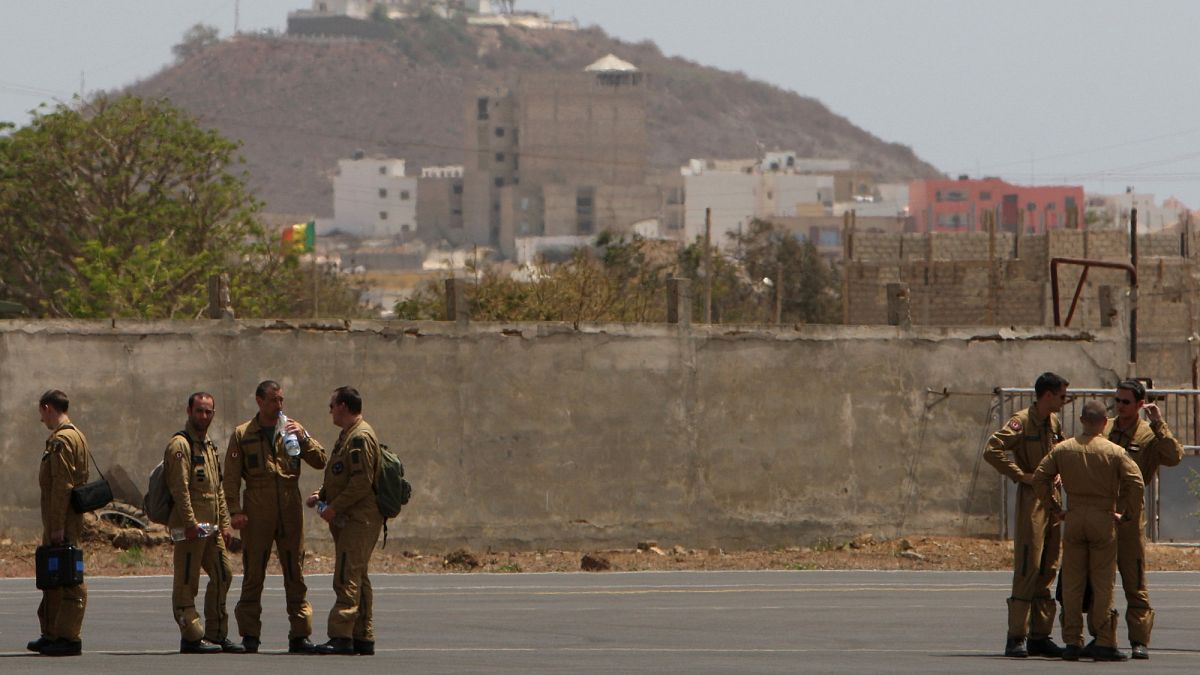In a historic move marking the end of colonial-era military ties, France has officially concluded its 65-year military presence in Senegal by handing back its last two military bases. This momentous transition
Did You Know
Koalas have fingerprints like humans.
?
AD
highlights a significant shift in attitudes toward foreign military influence in West Africa. The handover ceremony represents not just a strategic withdrawal, but an acknowledgment of Senegal’s right to self-determination and sovereignty in matters of national security.
The decision to withdraw is emblematic of a wider regional backlash against France’s military footprint, which has faced increasing criticism across the continent. Senegal's new government has taken a hard-line stance against the presence of French troops, reflecting a growing sentiment among former colonies seeking to redefine their security arrangements. With approximately 350 French soldiers completing their exit, this withdrawal is part of a broader trend where nations are asserting control over their own military affairs to move past their colonial legacies.
The end of French military operations in Senegal not only reshapes the local dynamics but also sets the stage for a new chapter in Franco-African relations. French officials describe this transition as the beginning of a more respectful partnership between the two nations' armed forces. As Senegal charts its own security path, the emphasis on sovereignty takes center stage, paving the way for a future where former colonies define their relationships on their own terms, free from the burden of historical ties.
Q&A (Auto-generated by AI)
What led to France's military withdrawal?
France's military withdrawal from Senegal was largely influenced by Senegal's new government, which adopted a hard-line stance against foreign military presence. President Macky Sall's administration emphasized that French military bases were incompatible with Senegalese sovereignty, reflecting a broader regional backlash against former colonial powers. This decision culminated in France officially handing back its last military bases, marking the end of a long-standing military presence.
How has Senegal's stance on military bases changed?
Senegal's stance on military bases has shifted significantly from acceptance to rejection. Under President Macky Sall, there was a growing sentiment that the presence of French troops compromised national sovereignty. This change reflects a broader trend in West Africa, where former colonies increasingly desire autonomy from their colonial rulers, leading to demands for the removal of foreign military forces.
What is the historical context of French colonialism?
French colonialism in Africa began in the 17th century and expanded throughout the 19th and 20th centuries, establishing a vast empire. Senegal was one of the first French colonies, serving as a key hub for trade and military operations. The legacy of colonialism has left deep social, political, and economic impacts, contributing to ongoing debates about sovereignty and foreign influence in contemporary African politics.
What implications does this withdrawal have for Africa?
The withdrawal of French troops from Senegal signifies a potential shift in the geopolitical landscape of West Africa. It may inspire other nations to reassess their relationships with former colonial powers, leading to a decline in foreign military presence. This could foster a sense of national pride and sovereignty, while also raising concerns about regional security and stability, as nations may need to enhance their own defense capabilities.
How do other African nations view France's presence?
Other African nations have increasingly criticized France's military presence, viewing it as a remnant of colonialism. There is a growing sentiment across the continent that foreign troops undermine national sovereignty and perpetuate neocolonial relationships. Countries like Mali and Burkina Faso have also seen significant anti-French sentiment, with calls for military withdrawals reflecting a broader desire for self-determination and independence from colonial legacies.
















